Pro-Vac Chimney Sweeps
A Full-Service Chimney Sweep for all your needs. Serving Bozeman, Belgrade and Surrounding Areas.
“Gallatin Valley’s Best Chimney Sweep”
Book online or Call Us: 1-406-599-4919
Your One-Stop Chimney sweep
Complete wood-burning system cleaning and repair
Pro-Vac Chimney Sweeps, Bozeman's finest full-service professional chimney, and dryer vent cleaning service combine the latest technology with good old-fashioned Montana work ethic. You can be confident that Pro-Vac provides the highest quality service available in the Gallatin Valley. Service, safety and cleanliness are our top priorities and your satisfaction is always guaranteed.
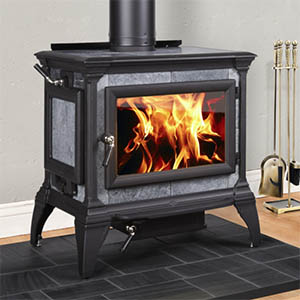
Wood burning stoves
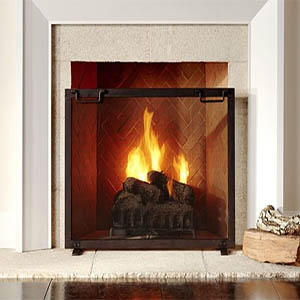
Fireplaces
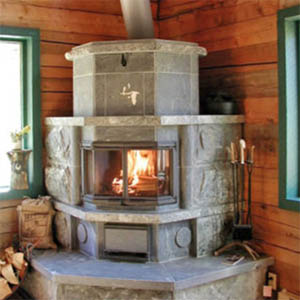
Tulikivi wood stoves
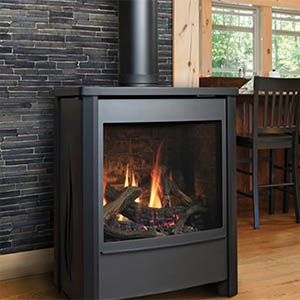
Gas Stoves
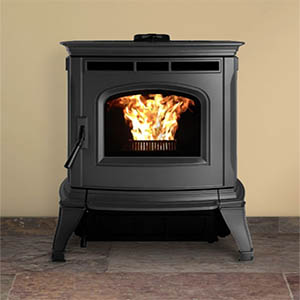
Pellet Stoves
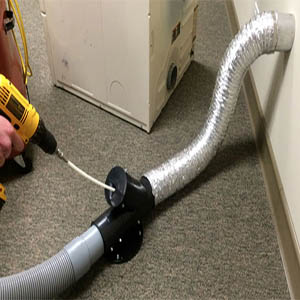
Dryer Vents
Bigger Project?
Call us for a Consultation & Estimate
Is your chimney falling to pieces and you see cracks in your chimney liner, or do you need older stove pipe replaced? -Whatever it is, contact us and we'll find a solution!
Featured Projects
In addition to chimney and dryer vent cleaning and all levels of inspection, we offer a complete array of chimney products and services.
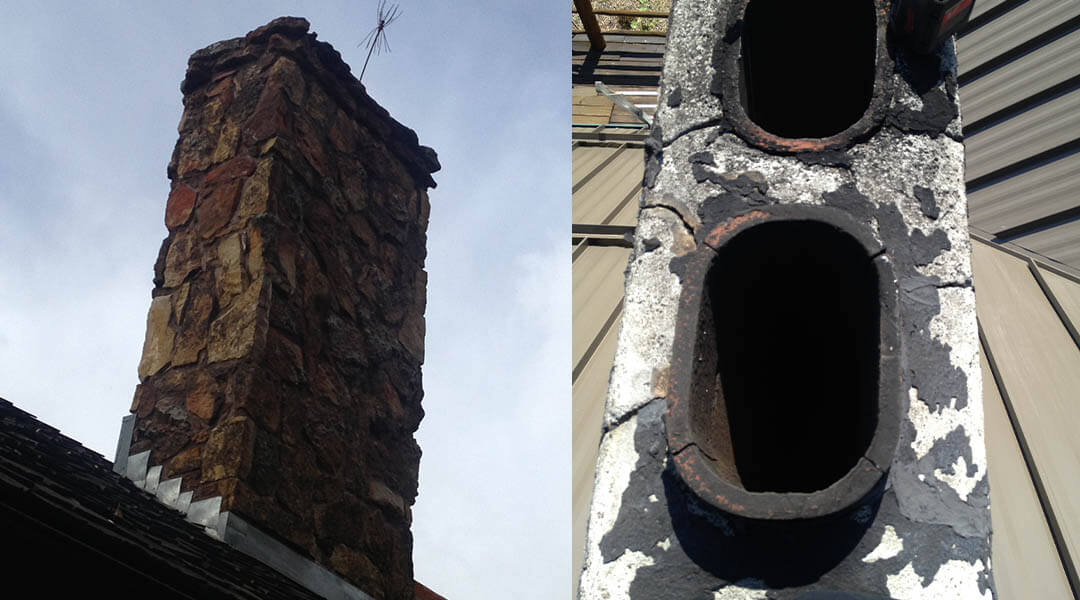 your chimney appears to be in poor condition, it may be best to have your chimney partially or completely rebuilt. Here at Pro-vac Chimney Sweep, we will be able to determine what your options are. We recommend starting with a Level II Inspection to determine the best options to restore your chimney.
your chimney appears to be in poor condition, it may be best to have your chimney partially or completely rebuilt. Here at Pro-vac Chimney Sweep, we will be able to determine what your options are. We recommend starting with a Level II Inspection to determine the best options to restore your chimney.

If your chimney appears to be in poor condition, it may be best to have your chimney partially or completely rebuilt. Here at Pro-vac Chimney Sweep, we will be able to determine what your options are. We recommend starting with a Level II Inspection to determine the best options to restore your chimney.

Every chimney needs a cap. It’s your chimney’s protection against rain, snow, ice, and animals. Water causes the greatest damage to the mortar, porous brick, liner and chimney crown. A Cap will also control any stray sparks that escape your chimney. Caps come in a few main sizes; 8″ x 8″, 8″ x 12″, and 12″ x12″. Caps can also be custom built to fit your chimney. Caps are available in different finishes including steel, stainless steel, copper or aluminum. They also come with a wire mesh screen for added protection. Caps are mounted to your chimney in different ways, the most common being screwed into place against the flue tile. If your chimney flue does not protrude far enough there are models that can be mounted to the inside of the chimney. There are also ways of mounting the Cap with fasteners, lag bolts or cement to the top of the chimney structure.
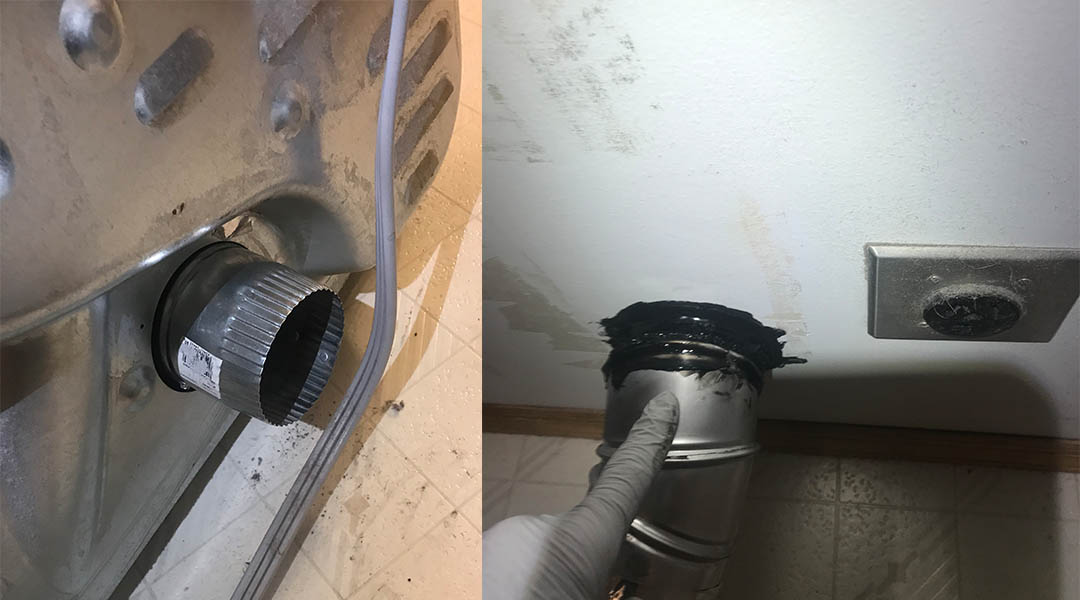
Dryer vents are cleaned using a variety of systems: Rovac rotary cleaning system, high-pressure vacuum, 450 CFM cordless leaf blower and often compressed air to blast away loose lint and debris from the lint trap box. We have a variety of ways to bust up nests and blockages. In some cases, a vent may need to be broken apart and possibly rebuilt if not built per code.
Frequently Asked Questions
What must I do to prepare for your service call?
When we come to clean the chimney at your home, we will need to be inside in order to have access to the fireplace. If you cannot be home at the time of the appointment please make arrangements for our tech to gain access to your system. Please do not have a fire at least 8 hours before our visit, and if you have gas logs, make sure they are not turned on the day of our visit. No need to clean the ashes out of your fireplace or woodstove—this is our job.
Please move any valuable, fragile or irreplaceable items from the fireplace and hearth area. Since we have to be in and out, please secure your pets. Feel free to have your children watch and ask our experts questions about fire safety.
Payments must be made the day of service. We accept cash, checks or credit cards. If you have to cancel or reschedule your appointment, please do so as soon as possible so that your time slot can be refilled.
How often should I have my chimney cleaned and when is the best time to do it?
The N.F.P.A. (National Fire Protection Association) recommends yearly inspections to determine if your chimney needs cleaning and is safe to the current standards.
Most of our customers have annual cleanings; however, some can go two or even three years between cleanings and others require two cleanings per year.
Your woodburning habits will determine the frequency of chimney cleanings you require–factors such as the type of wood you use, how long ago the wood was cut, how hot a fire you have (low, smoldering fires create more dangerous creosote), and of course how often you have a fire. It is best to play it safe and have yearly inspections to determine the condition of your chimney.
Most people think the best time to have their chimney checked and cleaned is in the early fall before the burning season. However, the best time is actually right after the burning season in the spring.
Creosote residue is acidic. When spring moisture arrives and the carbon deposits get wet, it becomes even more acidic and can cause serious damage to the stainless steel liner. Also, during the hot summer months, humidity and creosote combine to cause an unpleasant sooty odor around your fireplace area. A spring service call will help to minimize these problems.
Another problem that can occur is birds nesting in your chimney. During the spring and summer, Birds raise their young in uncapped chimneys. By having us out in the spring, we can make sure your chimney is securely capped and prevent animals and debris from entering the flue, becoming a nuisance and a health hazard.
You can avoid a long waiting period by calling before the fall rush. If an inspection reveals a problem with your chimney, it can be repaired during the offseason. By having your chimney cleaned and repaired in the spring and summer, your fireplace will be ready for you to use when the first cool spell comes in the fall.
Why should I only hire a Certified Chimney Sweep?
It only takes a few brushes, a vacuum, and a ladder for someone to call themselves a chimney sweep. Yet it takes years of training and experience to be skilled in the trade as a true professional. In order to ensure a level of expertise within the chimney sweeping trade, the National Chimney Sweep Guild (NCSG) developed the Certified Chimney Sweep Program. Now administered through the Chimney Safety Institute of America (CSIA), the educational department of the NCSG, a certified sweep has demonstrated a knowledge of current local code requirements, the physics of burning wood and creosote formation, technical issues related to draft, chimney dynamics, and the tools and techniques of the trade. Also, a thorough knowledge of the National Fire Protection Association’s code book “211–Standard for Chimneys, Fireplaces, Vents, and Solid Fuel-Burning Appliances” is a must.
Becoming certified means taking and passing an exam, every three years, demonstrating a knowledge and understanding of the information contained in the CSIA study manual as well as the information found in the NFPA codebook 211. The study manual is revised regularly and kept up to date on new equipment, current regulations and codes, and any changes in the solid fuel industry. The exam that the certified sweep must pass is thorough, technical, and broad-based. The only legitimate certification is issued through the CSIA, and the certified chimney sweep has a badge to prove it along with the CSIA logo in all advertising.
The very fact that we have taken the time, spent the money and devoted the energy to becoming certified means we care a great deal about giving you the very best service possible. Being certified means we have the ability to evaluate your chimney from an educated perspective as well as the ability to make sound, knowledgeable recommendations. Our certification by the CSIA is your assurance that we are committed to our business and are up to date with being the very best we can be in our industry.
Have a different Question?
Testimonials
"We moved to Paradise Valley 3 years ago. The first winter a chimney sweep came, cleaned our chimney and wood stove and left. The second winter a different guy came, cleaned our stove and chimney and left. The third winter Andy...
-Raymond B, Paradise Valley
"Andy was very thorough with our two stoves. And since we had two he gave us a discount. He was really nice and we look forward to having him clean our chimneys next year."
-Chris K, Bozeman, MT
"Andy did more work on our stove than anyone ever has! Then he cleaned our dryer vents and our jeans are finally drying once again. He got a whole brown grocery bag full of lint. We would recommend Andy to anyone."
-John D., Emigrant
Why Choose Pro-Vac?
Satisfaction Guarantee
At Pro-Vac Chimney Sweeps, we provide complete, professional service for all of your chimney and dryer vent needs. We take old-fashion pride in our work, and we care about doing a good job for a fair price. Your 100% satisfaction is our goal. We are in this business for the long haul and want your repeat business. We guarantee your complete satisfaction.
Our system
Chimney sweeping technology has come a long way. Gone are the days of sweeping a chimney from the top down. Our State of the art power HEPA filtration vacuums along with our rotary power sweeping systems allow us to sweep most systems from the bottom up. Pro-Vac utilizes numerous rotary sweeping systems and Viper air press systems to clean where a rotary system can’t.
Free Level I Inspection
No matter what type of wood or gas fireplace you have, Pro-Vac Chimney Sweeps cleans the entire system from the fireplace up which includes the firebox, smoke chamber, smoke shelf, and flue. This includes a Level 1 Inspection where we also check your system for any visible problems, then make specific professional recommendations if needed.
Pro-vac Chimney Sweeps proudly offers chimney and dryer vent cleanings and inspections in the following areas:
Bozeman, Belgrade, Manhattan, Ennis, Livingston, Clyde Park, Wilsall, Ringling, Reed Point, Big Timber, McLeod, Norris, Pony, Harrison, Big Sky, West Yellowstone, Emigrant, Twin Bridges, Virginia City, Sheridan, Pray, Paradise Valley, Tom Miner, Gardiner, Three Forks, Whitehall, Cardwell, Butte.
IF YOU LIVE IN ONE OF THESE AREAS PLEASE CALL TO SCHEDULE
